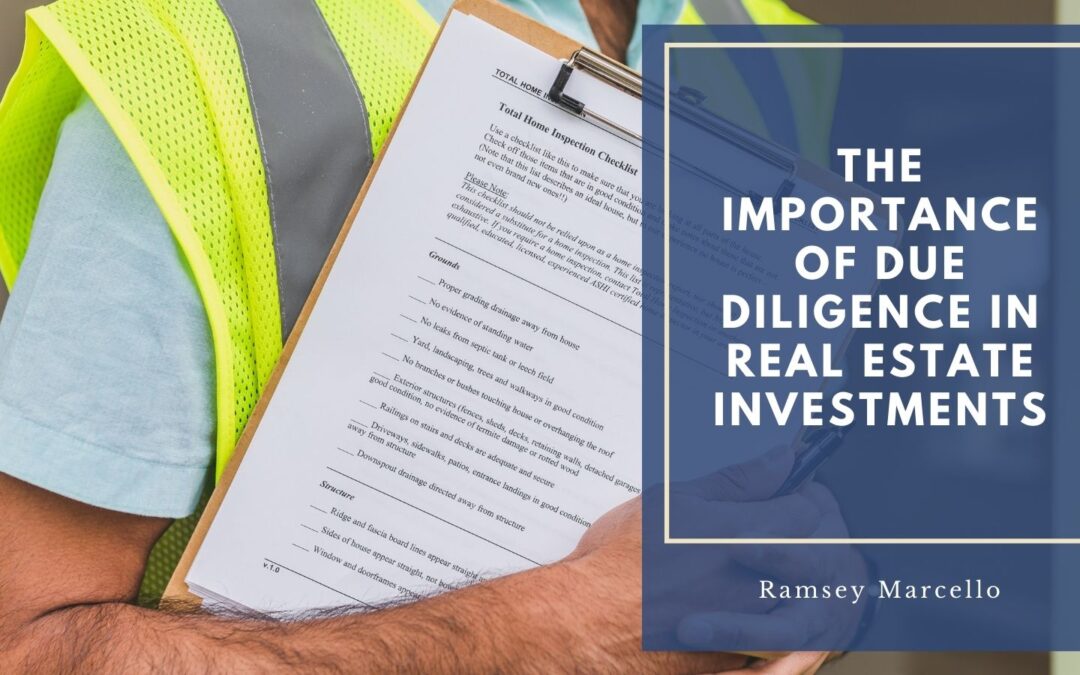Due diligence is a critical aspect of real estate investing, involving a comprehensive property assessment before purchasing. Due diligence helps investors identify potential risks and challenges associated with a property and make informed investment decisions. This article explores the importance of due diligence in real estate investments and the key factors to consider.
Property Condition
Assessing the condition of a property is a critical aspect of due diligence. This includes inspecting the property for structural damage, pest infestations, or environmental hazards. Reviewing any existing inspection reports and maintenance records to identify potential issues is also essential. Review the property history to identify any previous problems, such as flood or fire damage. This information can help you identify potential risks and estimate the cost of repairs or renovations.
Legal and Financial Issues
Due diligence also involves reviewing the legal and financial aspects of a property. This includes reviewing any liens or encumbrances on the property, zoning, land use regulations, and pending legal or regulatory issues. It’s also essential to review the financial statements and projections for the parcel to assess its potential profitability.
Location and Market Analysis
The location of a property is a critical factor in its value and potential for appreciation. Due diligence should include an analysis of the local market, including trends in property values, rental, and vacancy rates. Consider factors such as access to amenities, transportation, and schools.
Tenant Analysis
Conduct a tenant analysis for due diligence if the property has existing tenants. This includes reviewing tenant leases, rent rolls, and occupancy rates. It’s also essential to assess the tenants’ quality and ability to pay rent on time. Review the leases of all existing tenants to understand the lease terms, including the lease start and end dates, rent amount, security deposit, and any special provisions. This will help you understand the current lease obligations and potential future income for the property. Examine the rent rolls to understand each unit’s current rent rates and payments.
Environmental Factors
Environmental factors can significantly impact a property’s value and potential risks. Due diligence should include an assessment of any environmental hazards or threats, such as contamination or flood zones.
Due diligence is essential to real estate investing, helping investors identify potential risks and challenges associated with a property and make informed investment decisions. Factors to consider during due diligence include the property condition, legal and financial issues, location and market analysis, tenant analysis, and environmental factors. By conducting thorough due diligence, investors can mitigate risks and maximize returns on their real estate investments.
